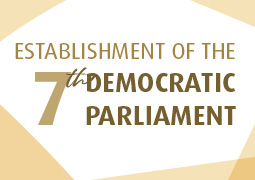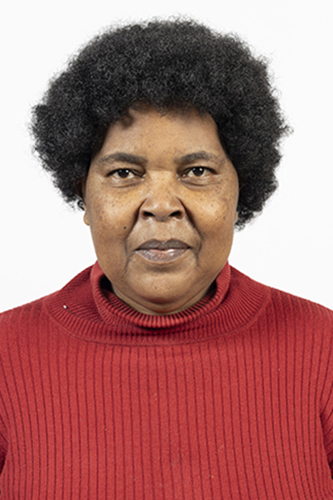
On tackling poverty and the high cost of living as a second strategic priority of the government of national unity (GNU), President Cyril Ramaphosa highlighted during his opening of Parliament address the importance of an integrated and comprehensive poverty alleviation strategy to provide protection and support to the most vulnerable in society.
President Ramaphosa highlighted the contradiction inherent in the fact that many companies make large profits in South Africa while millions of its citizens suffer as a result of rising prices. To address this reality, he said the GNU will look to expand the basket of essential food items exempt from VAT and undertake a comprehensive review of administered prices, including the fuel price formula, to identify areas where prices can be reduced.
He said the provision of title deeds for land and subsidised housing provides people with assets that they can use to improve their economic position. “The best way to deal with poverty is for people to have jobs. We have, however, made interventions to support the unemployed through a variety of interventions, including during Covid, when we introduced the SRD [Social Relief of Distress] Grant.”
President Ramaphosa told the joint sitting of Parliament that the SRD Grant has been a lifeline to millions of unemployed people. It is for this reason that the GNU will retain that grant as a basis for the introduction of a sustainable form of income support for unemployed people and to address the challenge of income poverty.
The GNU will also ensure that local governments properly implement the indigent policy so that the old, the infirm and the poor are able to get assistance with paying for basic services. “Importantly, we will link social assistance with other forms of support to lift people out of poverty. As a country, we need to appreciate the impact that a well-functioning and quality education system has on both reducing poverty and driving inclusive economic growth,” he added.
Drawing hope for the success of the current GNU from the historic GNU of thirty years ago (1994-199), which was led by the late President Nelson Mandela, President Ramaphosa recalled President Mandela’s respect for the various views of the diverse parties represented within that GNU. What brought that unity government together was an overriding commitment to a joint national effort to reconcile “our nation and improve its well-being”, President Ramaphosa recollected.
The same may be said of the current GNU, which has now been established by 10 of the parties represented in this Parliament. “We share a commitment to reconcile our nation by advancing social justice and equal prosperity for all. We are committed to improve the well-being of our country and its people through inclusive growth, the creation of jobs and the reduction of poverty,” the President said.
On the idea of holding a national dialogue, President Ramaphosa reiterated the commitment he made on the occasion of the presidential inauguration, where he said: “We should work together to hold a national dialogue to discuss the critical challenges facing our nation, and to agree on what we all need to do to achieve a better future for this great country.”
He shared his observation with Members of Parliament that across society, people have expressed their support for the national dialogue. “They have said it should involve all key stakeholders in the life of our country, representing civil society, traditional leaders, the faith-based sector, labour, business, cultural workers, sports people and other formations representing the diverse interests and voices of our citizens,” he noted.
Citing the example set by historic events, such as the Congress of the People in 1955, the Conference for a Democratic Future in 1989 and the CODESA talks in the early 1990s, and drawing on the experience of the writing the country’s democratic Constitution, which was adopted in 1996, it is envisaged that a national dialogue will involve extensive and inclusive public participation.
“As we have done at many important moments in our history, we will seek to forge a common vision and build a comprehensive social compact with a clear programme of action to realise our aspirations for the country. Through this national dialogue, we are called to be agents of change, to be champions of inclusive growth, to be creators of opportunity,” he added.
Mava Lukani
19 July 2024

